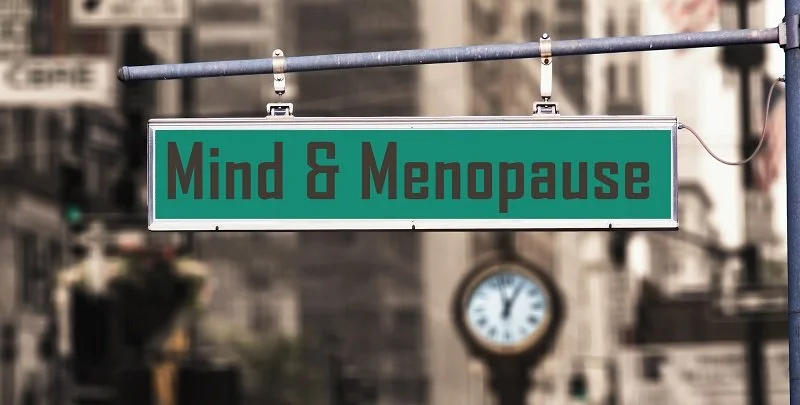The role of subconscious beliefs in menopausal transition
I am always amazed when I hear women using the word “menopause”, which technically spoken is the day exactly one year after their last period, when in reality they mean a stage in their life of several, or even many, years in which they go through all kinds of changes; physical, emotional, mental, circumstantial, etc… In Dutch, my mother tongue, this part of our life is called “overgang” which literally means transition, or passage, so I feel that calling this event “menopausal transition” might be more accurate. By changing the word we use, we immediately invite ourselves to change our perception and understanding of it.
It also amazes me that women automatically think that menopausal transition means problems, discomfort, emotional pain, etc. and that the general idea is that “menopause” is something negative, something to dread, and maybe even a form of malfunctioning of the body. These are ideas that have been fed to us since we were little girls and they are not necessarily true. This stage in life can certainly be challenging for women and ask for appropriate actions, and I recommend that these actions include looking into both conscious ánd subconscious beliefs we have about this event. The negative pre-conceived subconscious ideas we probably all have about it can act as self-fulfilling prophecies. They can have the “nocebo-effect”, meaning we experience discomfort because we belief we will, the same way something works because we believe it works, aka the placebo effect.
Nowadays there’s more and more information about the placebo effect and the nocebo effect, and about the way our subconscious beliefs affect our life on all levels. We can find this information on websites, on social media, and in books such as my all time favourite “The Biology of Belief” by Dr. Bruce Lipton.
A few years ago, when I noticed I was entering menopausal transition I decided how I wanted to perceive and experience this part of my life and all the changes, and which direction I wanted to choose for the coming years. I created goal statements such as: “Menopausal transition is a beautiful part of my life” and “I enjoy transforming into a more mature version of me” and “I take good care of my body, listen to it, and give it what it needs.” Then I used belief changing processes called Balances to give my subconscious mind this new information so it could support me in the way I choose. Of course I also took practical steps; probably the most important one was changing my eating habits. As menopausal transition doesn’t happen overnight, I continue doing Balances and taking action when appropriate.
Have I had hot flushes? Yes, sometimes. But I was able to stay calm and deal with them. Have there been moments when I cried for no reason at all? Yup! But I saw it as part of a natural process and allowed space and time for it. Have I felt tired without having done anything? Yes, I have. And I still have my feeling-not-my-normal-self moments. But hey, isn’t this completely normal when you are changing? I think it is, and I see these moments as opportunities to reflect on my life and myself!
All in all, so far these years of passage have been amazing for me, and I wish all women the same experience!
And you? Would you like to be more in control of what is going on in your mind and body? Would you like to formulate your own self-empowering goal statements, do amazing Balances, and re-align your subconscious beliefs with the way you choose to live menopausal transition? I can facilitate these processes with you, and it is my experience that in one beautiful and powerful session you can make a good start tackling issues affecting your happiness and your personal journey. I am sure you will love it, so I invite you to take the first step and contact me to book a non-committal discovery call.
I wish you all a beautiful transition.
with love,
Annemiek
